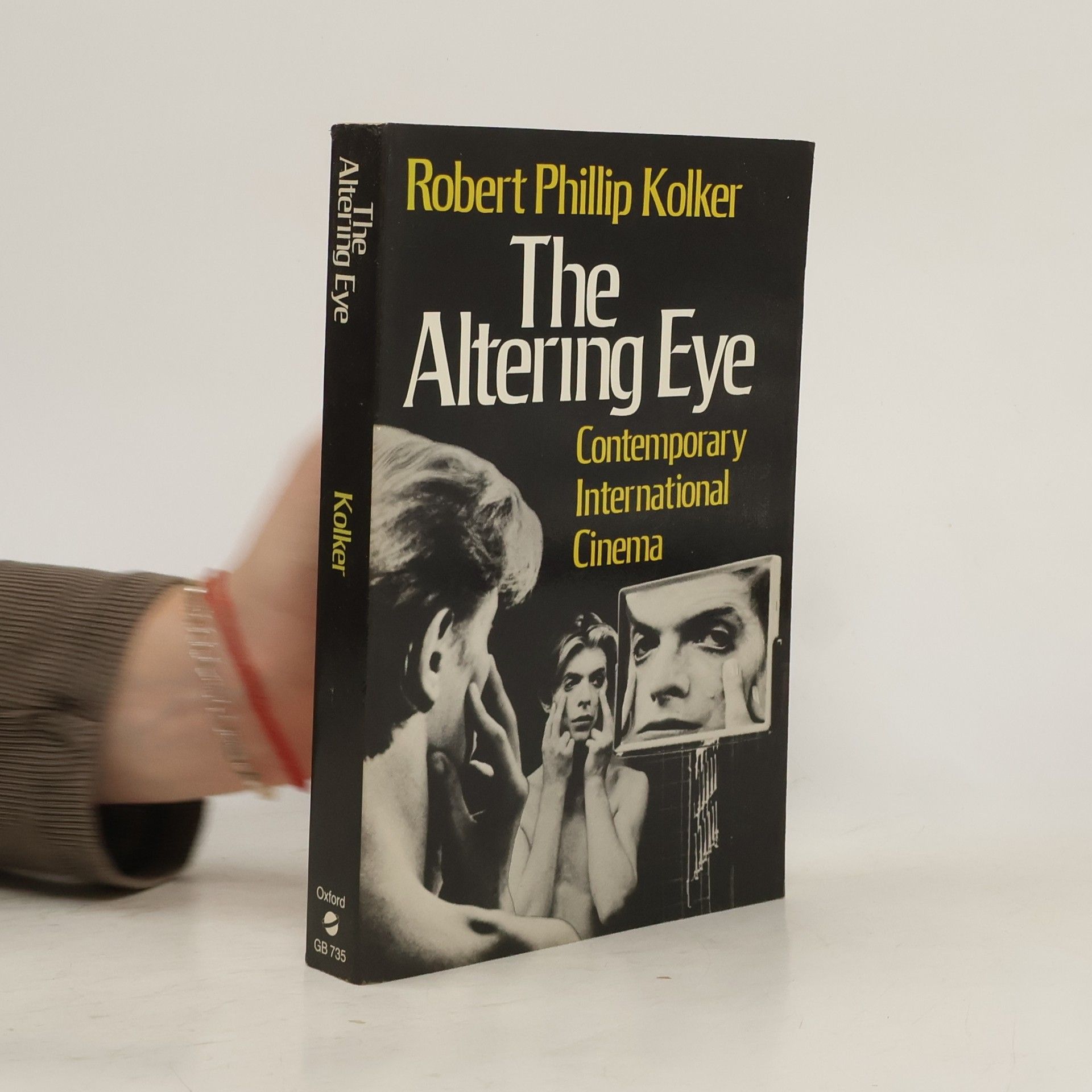Analyzes a variety of motion pictures which use innovative techniques, challenge the audience's opinions, and explore social and political issues
Robert Phillip Kolker Libri
Robert Kolker, professore emerito, ha dedicato quasi 50 anni all'insegnamento di studi cinematografici. Il suo lavoro approfondisce temi esistenziali profondi, esplorando come le creazioni cinematografiche riflettano e plasmino la solitudine umana. Attraverso un'analisi meticolosa di personaggi e narrazioni, svela la complessa psicologia degli individui e la loro solitudine all'interno degli ambienti circostanti. Il suo approccio è caratterizzato da un'enfasi sul linguaggio visivo e sul simbolismo, conferendo alle sue opere un profondo potenziale di risonanza.

